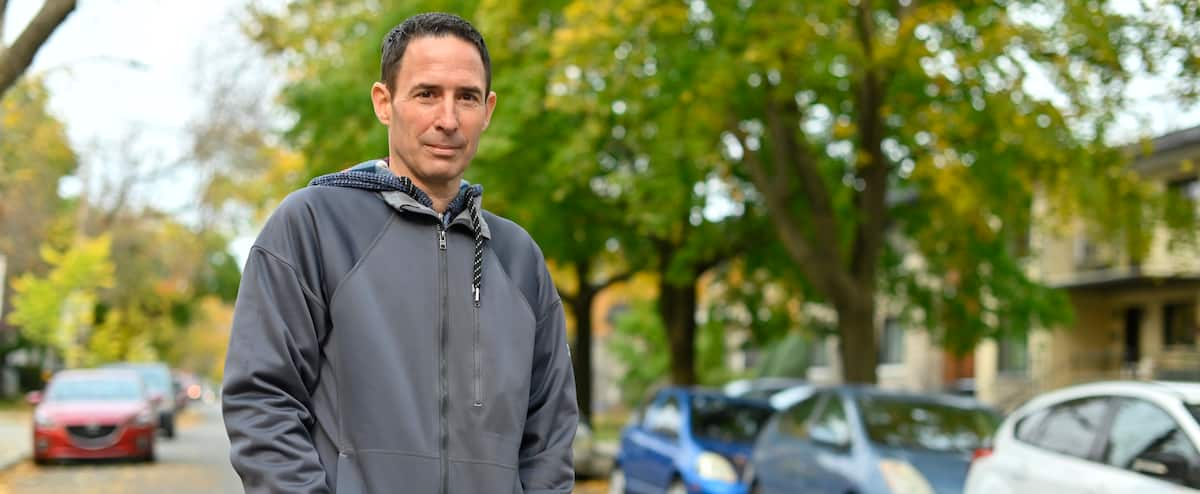Interviewed this week in Press, Federal Immigration Minister Marco Mendicino admitted that the arrival of immigrants would decline this year. However, this is only a postponement. Ottawa intends to correct the situation because, according to the minister, immigration is essential to get out of the current crisis.
All healthcare workers are deserving
He first explains that we are facing the crisis thanks to immigration, emphasizing the many foreign workers in the health network. They help us fight the invisible enemy and contribute to the victory that will eventually come. This contribution is undeniably positive, but it is also the case for all health workers. They all deserve our admiration, regardless of their ethnicity.
In reality there is no link between success against the pandemic and immigration. Some countries with large numbers of immigrants have been relatively successful in controlling the virus, others have not. Conversely, countries which have very little immigration have failed to cope with the health crisis. Still others, where there are few foreigners, have done well.
In addition, we must stop locking people from recent immigration in the huts of their country of origin or that of their parents. The ancestors of Doctor Horacio Arruda did not come from France. His parents are mostly from the Azores. However, his family has taken root in our land and the head of public health, who was born here, is 100% Quebecois.
The same can be said of Mr. Mendicino, born in Ontario, who is 100% English Canadian, even though his parents were from Italy. Neither are immigrants. They now share the respective culture of the two founding peoples.
To come back to the current crisis, the federal minister sees immigration as the tool par excellence that will allow our economy to rebound. Again there is no link between the two variables. Japan is one of the most homogeneous countries in the world and remains one of the most formidable economic powers on the planet. Conversely, Argentina is a country that has, historically speaking, received a lot of immigrants. However, its economy has never been very efficient. Multiple studies have already shown that economic wealth and immigration have nothing to do with each other.
Never mind, Mr. Mendicino is sinking into sophism. He argues that we are currently in a “labor shortage” that immigration can fill and thus help us out of the recession.
Before the COVID crisis, this argument was used to justify a high level of immigration. Already he couldn’t hold up. The employers’ lobbies called “lack of manpower” what was in fact nothing more than a low unemployment rate. This did not suit the bosses who had to raise wages to attract workers. Hence the idea of bringing in immigrant workers, who depreciate wages, especially for jobs at the bottom of the ladder.
Ridicule does not kill
Apart from the fact that it serves the interests of the employers, the argument of the lack of manpower does not hold water. Immigrants who arrive here, assuming they find a job (which is not always the case), consume goods and services. They need housing, need a doctor, send their children to school, etc. Their presence creates a demand for additional labor that must again be filled. We are back, so to speak, to square one.
With COVID the heyday of low unemployment is behind us. The argument for the lack of manpower is therefore even more absurd. The number of unemployed has risen substantially since last winter, reaching new heights rarely seen in our history. Our country would still be in “shortage of manpower”, according to the Trudeau government. On its face, this statement is proof that ridicule does not kill!
Considering all of the above, how can we explain that the current crisis is leading the feds to want to increase immigration? The reason is ideological. It takes more and more immigrants to give shape to the Canadian multiculturalist ideology. This doctrine has become the official religion of the federal regime. It is even enshrined in the constitution, a situation unique in the world.
Like all religions, this ideology produces its catechism, which is periodically reissued. The new version now takes into account the COVID crisis. Unsurprisingly, the new catechism brings us back to the same conclusions as the previous editions with regard to immigration: it is always good and more is always needed.
Frédéric Bastien, historian
Former candidate for the leadership of the Parti Québécois
 Canada Live NEWS – 24/7 Breaking Headlines & Updates Canada Live News is one of the largest news curating sites across Canada which is made exclusively for Canadian people.
Canada Live NEWS – 24/7 Breaking Headlines & Updates Canada Live News is one of the largest news curating sites across Canada which is made exclusively for Canadian people.
